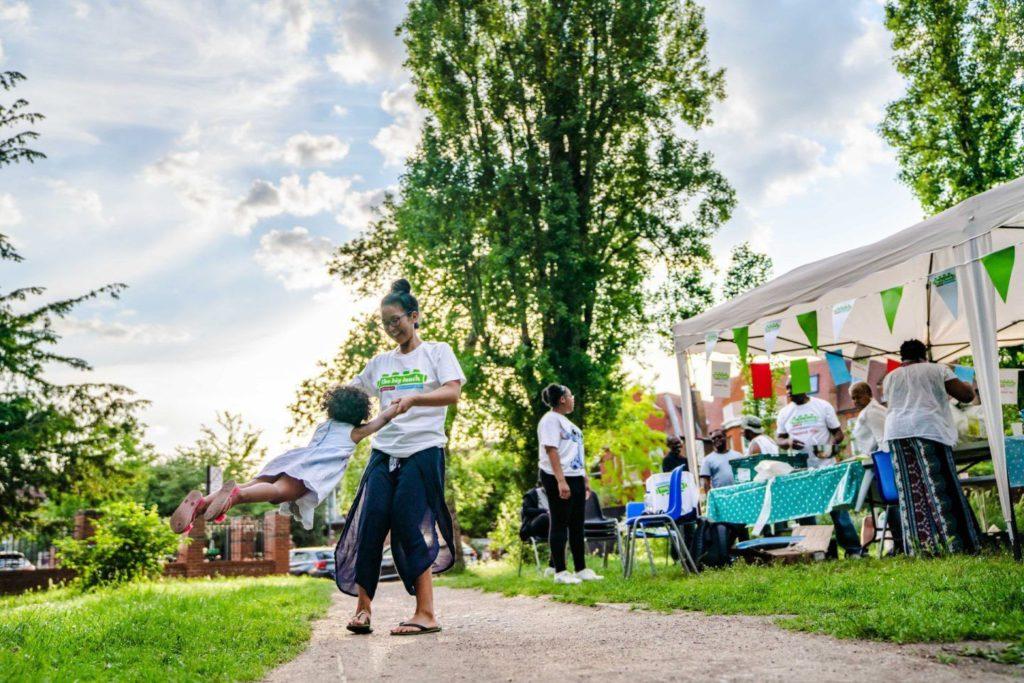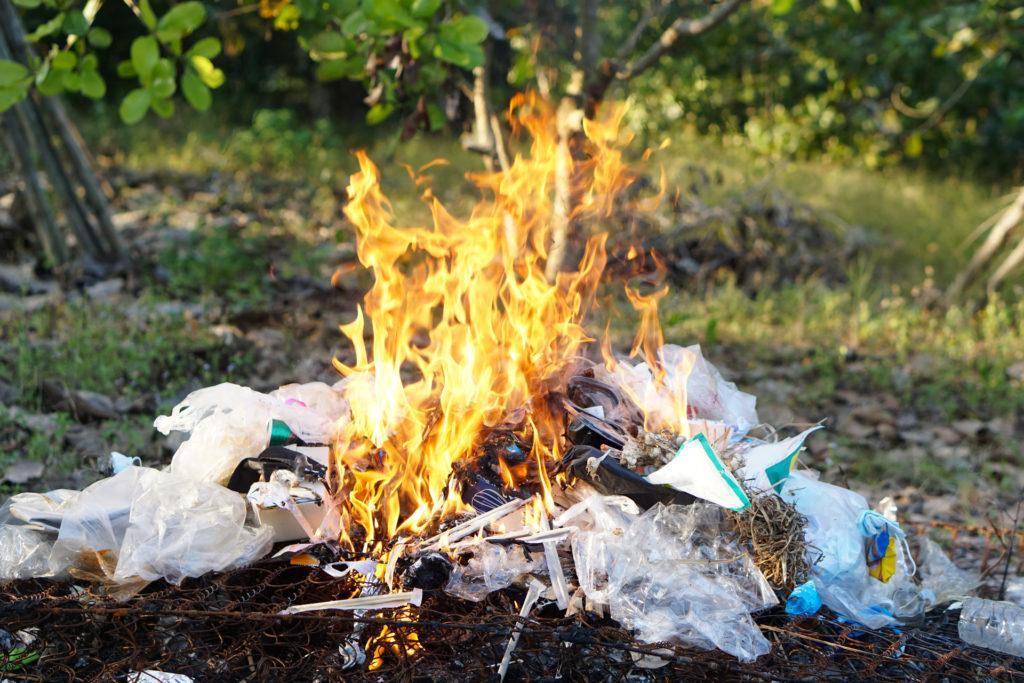Cleaner, Greener Communities: Fighting Pollution with HOATT

By Dr. Austin Warner, Environmental Scientist
Pollution is one of the most pressing challenges facing Trinidad and Tobago today. From clogged waterways and indiscriminate dumping to the overuse of plastics, environmental degradation directly affects our health, economy, and quality of life. As a nation of homeowners and residents, we cannot afford to ignore this crisis—but we also cannot address it in isolation. This is where platforms like the Homeowners Association of Trinidad and Tobago (HOATT) become essential.
Understanding the Pollution Crisis
According to the World Bank (2022), Trinidad and Tobago generates approximately 14.4 kilograms of municipal solid waste per capita per day—among the highest rates globally. A large portion of this waste, particularly plastics, ends up in drains, rivers, and coastal zones. The Environmental Management Authority (EMA) has reported that blocked drains are one of the primary contributors to urban flooding, an issue that costs the country millions annually in infrastructure damage and disaster response.
Beyond flooding, pollution has direct health impacts. The Pan American Health Organization (PAHO, 2023) highlighted that poor waste management in the Caribbean increases the risks of vector-borne diseases such as dengue and Zika. Moreover, air pollution from vehicle emissions and industrial activity is linked to rising respiratory illnesses, especially among children and the elderly.
The Role of HOATT in Combating Pollution
While NGOs, government agencies, and international partners have long campaigned for better waste management, citizens often feel disconnected from solutions. HOATT bridges this gap by offering homeowners and communities a secure, structured platform to:
- Organize clean-up drives: Street-level groups can coordinate schedules, track participation, and share before-and-after results.
- Report environmental issues: Members can escalate concerns such as illegal dumping or oil spills directly to regional corporations or the EMA.
- Share educational resources: Communities can exchange tips on composting, recycling, and sustainable home practices.
- Advocate collectively: By consolidating voices, HOATT strengthens lobbying power for better waste management policies.
Local Examples of Pollution Challenges
- Plastic Waste: Trinidad imports thousands of tonnes of plastic bottles annually, but only a fraction is recycled. A 2021 study by the University of the West Indies revealed that less than 5% of plastic waste is recycled locally.
- Oil Spills: Incidents such as the 2023 Tobago oil spill, which impacted over 15 km of coastline, demonstrate the vulnerability of small island states to industrial pollution and the urgent need for rapid community-state coordination.
- Flooding in Port of Spain: Each rainy season, communities suffer from blocked waterways caused by indiscriminate dumping. Residents of East Port of Spain, for instance, face repeated damage to homes, vehicles, and businesses due to poor drainage exacerbated by waste accumulation.
Why Community Action Matters
No government agency alone can solve the pollution crisis. Research consistently shows that community-led initiatives are the most effective in achieving long-term behavioral change (UNDP Caribbean, 2020). When citizens take ownership—whether through recycling, proper disposal, or lobbying for systemic reform—positive outcomes multiply.
Platforms like HOATT make it easier to coordinate these efforts securely and efficiently. They also create accountability: when a complaint about a clogged drain is logged digitally and shared with authorities, it becomes harder to ignore.
Conclusion
Pollution threatens the health, safety, and future prosperity of Trinidad and Tobago. But the fight is not hopeless. With the collective power of homeowners, communities, and digital tools like HOATT, we can organize, escalate, and resolve pollution challenges more effectively. Cleaner communities are healthier communities, and healthier communities are stronger ones.






Responses